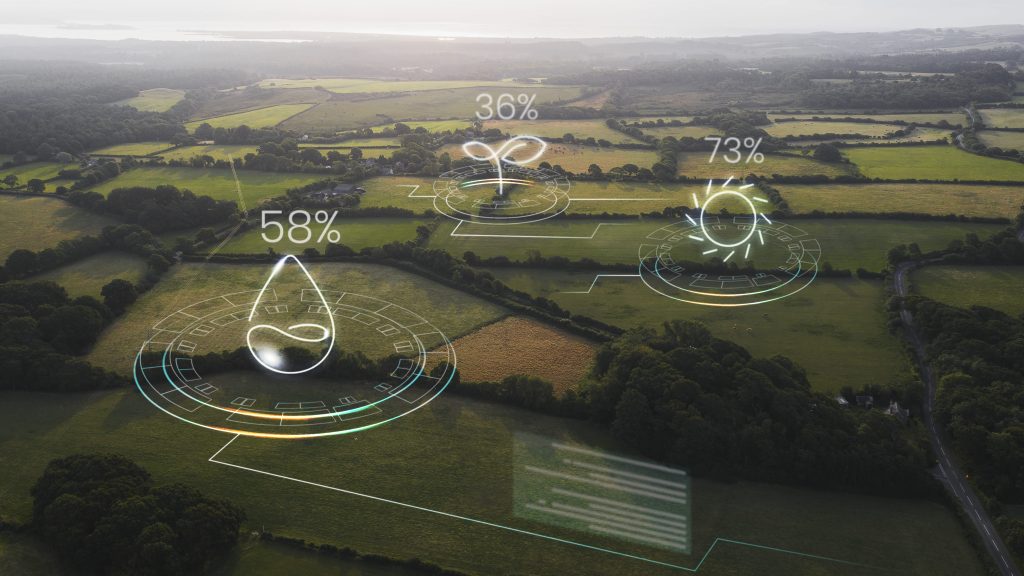Analyzing and strengthening the cybersecurity of a business system today is beyond human capabilities. There are more and more advances in automated and bot-borne cyber-attacks! How to respond? With a similar strategy as a customized artificial intelligence solution to strengthen your company’s cybersecurity. Read on if you are interested. ⬇️
Why artificial intelligence and machine learning have become essential for enterprise cybersecurity?
As we explained in a previous post about the benefits of artificial intelligence for your business, the most outstanding point of the technology is handling, analyzing, and storing excessive amounts of data beyond what an average human can.
Thanks to data coverage, artificial intelligence solutions focused on a company’s cybersecurity can identify many types of threats, from malware that exploits zero-day vulnerabilities to identifying risky behavior of human teams that could lead to a phishing attack.
Artificial intelligence sees and analyzes everything, and you can leverage this to your company’s advantage.
Other benefits of artificial intelligence for cybersecurity
- You can perform predictive analysis of attacks based on language processing and curation of content entering the company’s communication channels—for example, articles, news, studies, etc.
- Perform obsolescence analysis of the company’s systems and even schedule updates on time.
- If you have a remote team, an artificial intelligence solution could extend protection even to those endpoints, representing the weak link in the chain, not because they are in skills, but because they work from a network that you cannot control (in theory).
Application of AI in cybersecurity
Remember that AI is ultra-complex algorithms developed to solve incognitas or problems. This same principle is applied to cybersecurity.
Some specific applications of this technology within your organization are the following:
- Perform periodic inventories of IT assets, i.e., all devices, users, and applications with access to sensitive information sources.
- Provide knowledge and updated analysis of the latest attack technologies (even automated).
- Adequate cybersecurity point controls, i.e., understanding the strengths and vulnerabilities of your systems and even your team members, to make them less prone to cyber-attacks.
- Risk prediction
- Incident response. In case of attacks, you can have an artificial intelligence tool to counteract the effects. In other words, an “intelligent” defense protocol.
Some examples (early adopters) of artificial intelligence for cybersecurity
Google: specifically with Gmail, using for years automatic learning protocols to understand your habits, language, preferred contacts, as well as dubious, possibly malicious emails, etc.
IBM: with its Watson platform, they use cognitive learning for threat detection.
Balbix Security Cloud is a platform that performs observations and analysis to provide continuous and real-time risk predictions, risk-based vulnerability management, and control of security breaches in systems.
These are just three commercial solutions, but the alternative of developing a customized tool is always on the table. In the end, it is an option tailored to your company’s needs.
Do we believe that artificial intelligence will completely dominate the enterprise cybersecurity landscape?
We think so because it complements and facilitates security teams’ work and has a real-time and even predictive coverage of cyberattacks, superior to the human one.
Intelligent cybersecurity solutions are becoming more and more popular, and we aim for this 100%.
We have a team trained in the field to support you with this task. Contact us if you want to start planning your artificial intelligence solution for your company’s cybersecurity today.


